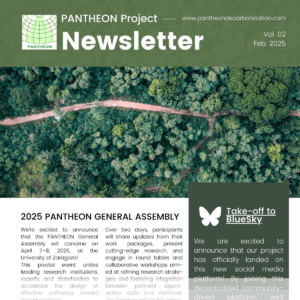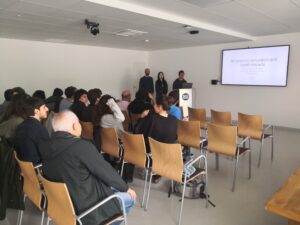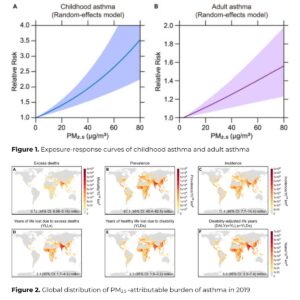The PANTHEON project, spearheaded by an international team is an ambitious initiative focused on modeling pathways toward carbon neutrality. While the project’s goals are clear and commendable, the road ahead is fraught with challenges that require careful consideration and collaborative effort.
1. Global Coordination
One of the most significant challenges for the PANTHEON project is ensuring effective coordination across diverse geographical regions, including the European Union, and Peoples Republic of China. Each region comes with its own set of policies, economic conditions, and cultural attitudes towards decarbonisation. Harmonising these differences to create a cohesive and actionable plan will require exceptional efforts.
2. Stakeholder Engagement
Decarbonization is a complex process involving numerous stakeholders, from government bodies and industry leaders to local communities and small organizations. Identifying and engaging with these stakeholders, especially the invisible ones who might not be immediately apparent, is crucial. The project needs to ensure that all voices are heard and considered to create a comprehensive and inclusive decarbonization strategy.
3. Modeling and Its Limitations
The PANTHEON project relies heavily on integrated assessment modeling to plan pathways to carbon neutrality. While models are powerful tools, they come with inherent limitations. The accuracy of these models depends on the quality of data and the assumptions made during their creation. Ensuring that models are robust, adaptable, and reflective of real-world complexities is a significant challenge. Additionally, the project must continuously validate and refine these models as new data becomes available.
4. Interdisciplinary Collaboration
The project spans multiple disciplines, including environmental science, economics, public health, and social sciences. Fostering interdisciplinary collaboration and ensuring that each field’s insights and methodologies are integrated into a unified approach is essential. This requires breaking down silos and encouraging open communication and mutual respect among team members from different backgrounds.
5. Ensuring Reflexivity
The Advisory Board highlighted the importance of reflexivity—being critically aware of the project’s methods, assumptions, and impacts. This involves regularly reviewing and questioning the project’s approach and being open to feedback and adjustments. Maintaining this reflexive stance will help the project stay adaptive and responsive to emerging challenges and opportunities.
Conclusion
The PANTHEON project is at the forefront of the global effort to achieve carbon neutrality, with a strong foundation built during its first advisory board meeting. However, the challenges ahead are significant and multifaceted. Addressing these challenges will require unwavering commitment, innovative thinking, and robust collaboration among all stakeholders. By navigating these obstacles, the PANTHEON project can pave the way for a sustainable and carbon-neutral future.




